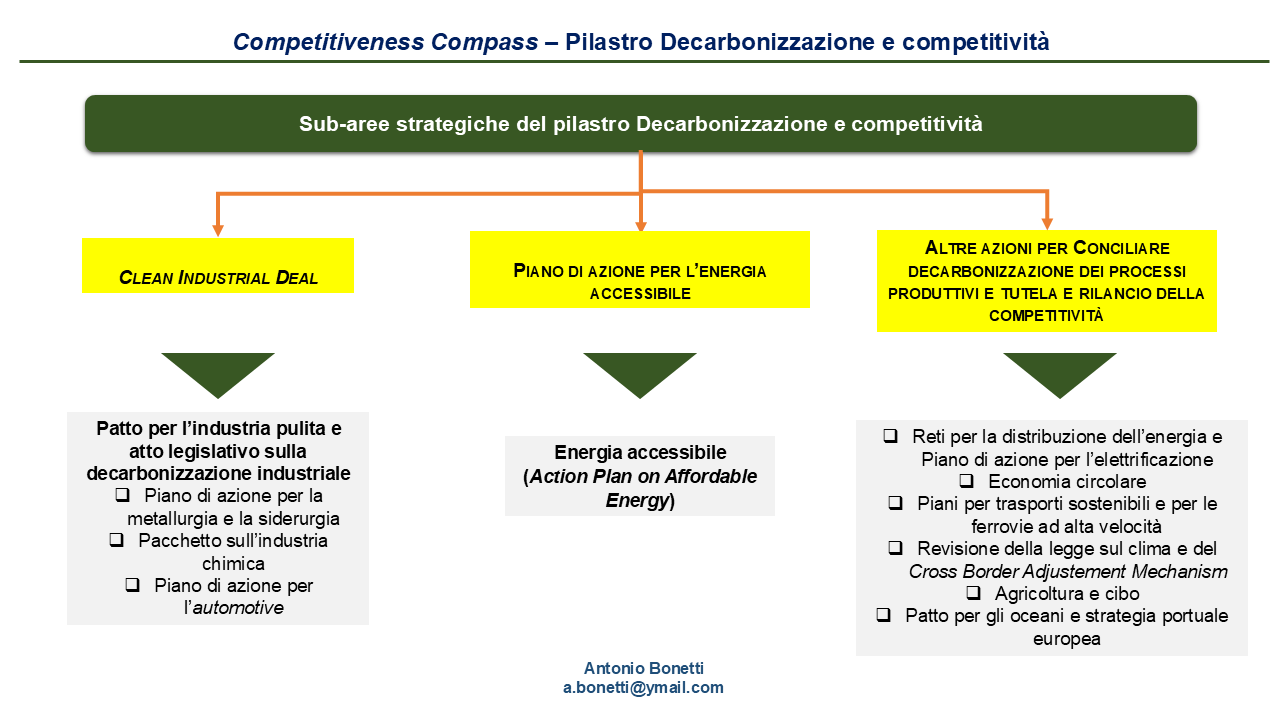Social Impact Bonds
Social Impact Bonds (SIBs) are a particular public-private partnership for the delivery of social services.
They build up on an agreement between public institutions and private investors so that public services are financed by private investors, who provide upfront working capital to specialized service providers (generally, not-for-profit organisations). They will receive agreed upon repayments (principal plus accrued interests) from the government only if the social impacts are achieved.
On the contrary, if the project is not successful, they will accept to lose the entire working capital.
In other words, SIBs are outcomes-based financial products, that is to say they guarantee a return on investment only if outcomes are satisfactory.
According to the think tank “The Young Foundation”, “under a SIB, a payer (usually government….) agrees to pay for measurable improved outcomes of social projects, and this perspective income is used to attract the necessary funds from commercial, public or social investors to offset the costs of the activity that will achieve those better results. This approach is possible where better outcomes lead to tangible public financial savings” (see Geoff Mulgan et al., “Social Impact Investment: the challenge and opportunity of Social Impact Bonds”, March 2011).
This innovative contracting and financial model – named Social Impact Bonds in the UK, Pay-for-Success Bonds in the US and Social Benefit Bonds in Australia – could radically change the way in which governments finance social services, mainly because of the following reasons:
- Governments can attract private funds in order to enhance the provision of social and human services.
Furthermore, the financial involvement of “patient capitalists” supplies governments with additional resources that allow them to invest in preventive and innovative approaches that may take years to yield lasting results. Actually, SIBs allow governments to und projects for a long period of time.
Finally, they can transfer risks to the private sector (both social oriented investors and not-for-profit organisations). - Not-for-profit organisations can take advantage of a large upfront payment (from private investors) for experimenting new solutions, in order to unmet social needs (social innovation) and scale up their mission-driven activities.
- Socially-minded investors, “patient capitalists” and philanthropic foundations can avail of a new financial instrument for combining financial and social returns.
Having said that, it should be acknowledged that SIBs are not a panacea for tackling public budget cuts or for innovating all social services programs. The aforementioned Guide by The Young Foundation provides the following useful list of seven criteria for deciding if – and in which circumstances – SIBs are an appropriate funding model (see p. 22):
- The intervention is preventive in nature and sufficient funding is currently unavailable.
- The intervention improve social wellbeing and prevents or ameliorates an undesirable outcome.
- The specific impacts of the intervention can be quantified.
- A sufficient number of people will benefit from the intervention, so that the impact can be robustly measured.
- It is possible to identify a specific government stakeholder that will achieve savings or lower costs as a result of actions undertaken by others.
- The savings for the specific government stakeholder are significantly greater than the cost of the intervention and any transaction costs.
- It is possible/likely that government would enter into an arrangement to pay some proportion of the savings back to the SIB.
Annex – List of organizations and think tanks that deal with social finance
International organizations and think tanks
Center for American Progress (Washington D.C.)
Social Finance UK (London)
Big Society Capital (London)
Impact Management Finance (Geneva – Milan)
BridgesVentures (London)
NESTA (London)
The Young Foundation (London)
CAF Venture Some (London)
Harvard Kennedy School – Social Impact Bonds Lab (Harvard)
Rockfeller Foundation (New York)
Impact Investment Partners (London)
Investing for Good (London)
Ashoka
Acumen Fund
Non Profit Finance Fund
Centre for Global Development
BlendedValue
Global Impact Investing Network
Some Italian organizations
ACRA – OPES Foundation (Milan)
LANG Foundation (Milan)
Oltre Venture (Milan)
Human Foundation (Rome)
Impact Investing Lab of SDA Bocconi (Milan)
Other useful think tanks/blogs/websites
http:// www.bamboofinance.org
http:// www.planetfinancegroup.org
http:// www.rootcapital.org
http://www.bigissueinvest.com/
http://www.gatesfoundation.com
http://www.thesroinetwork.org
http:// www.socialibondinvestor.com
http:// www.socialimpactbond.it
http://sociallending.weebly.com










